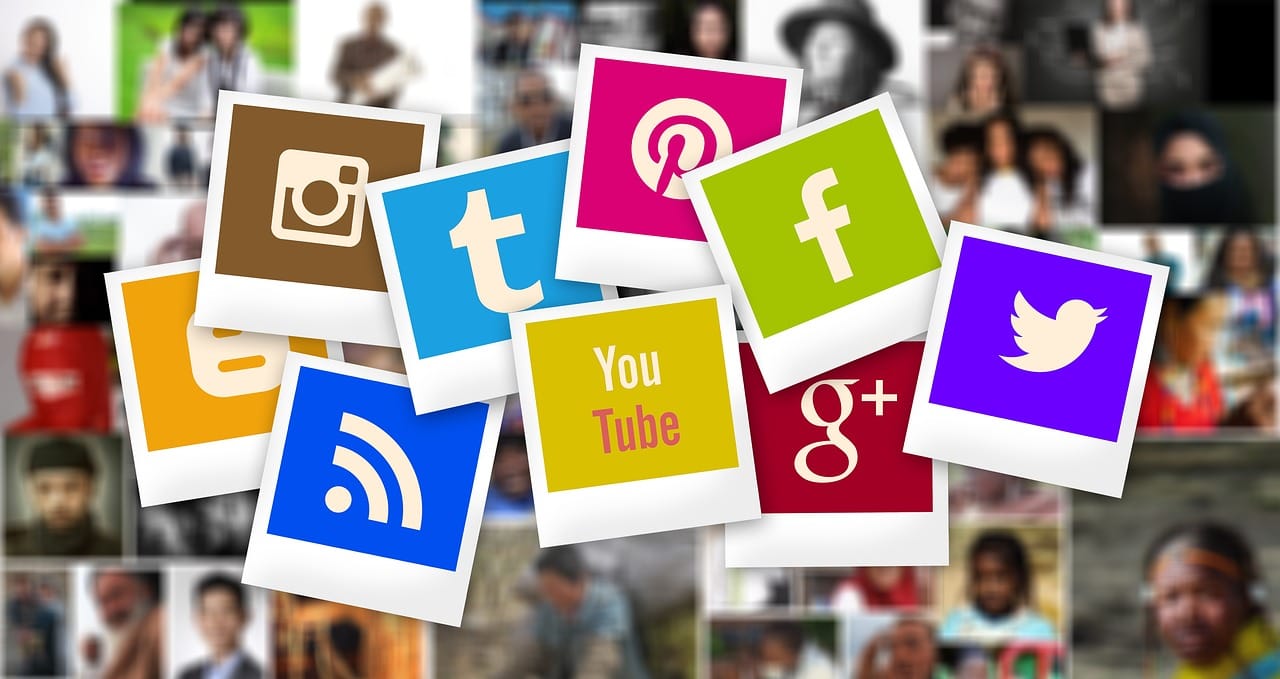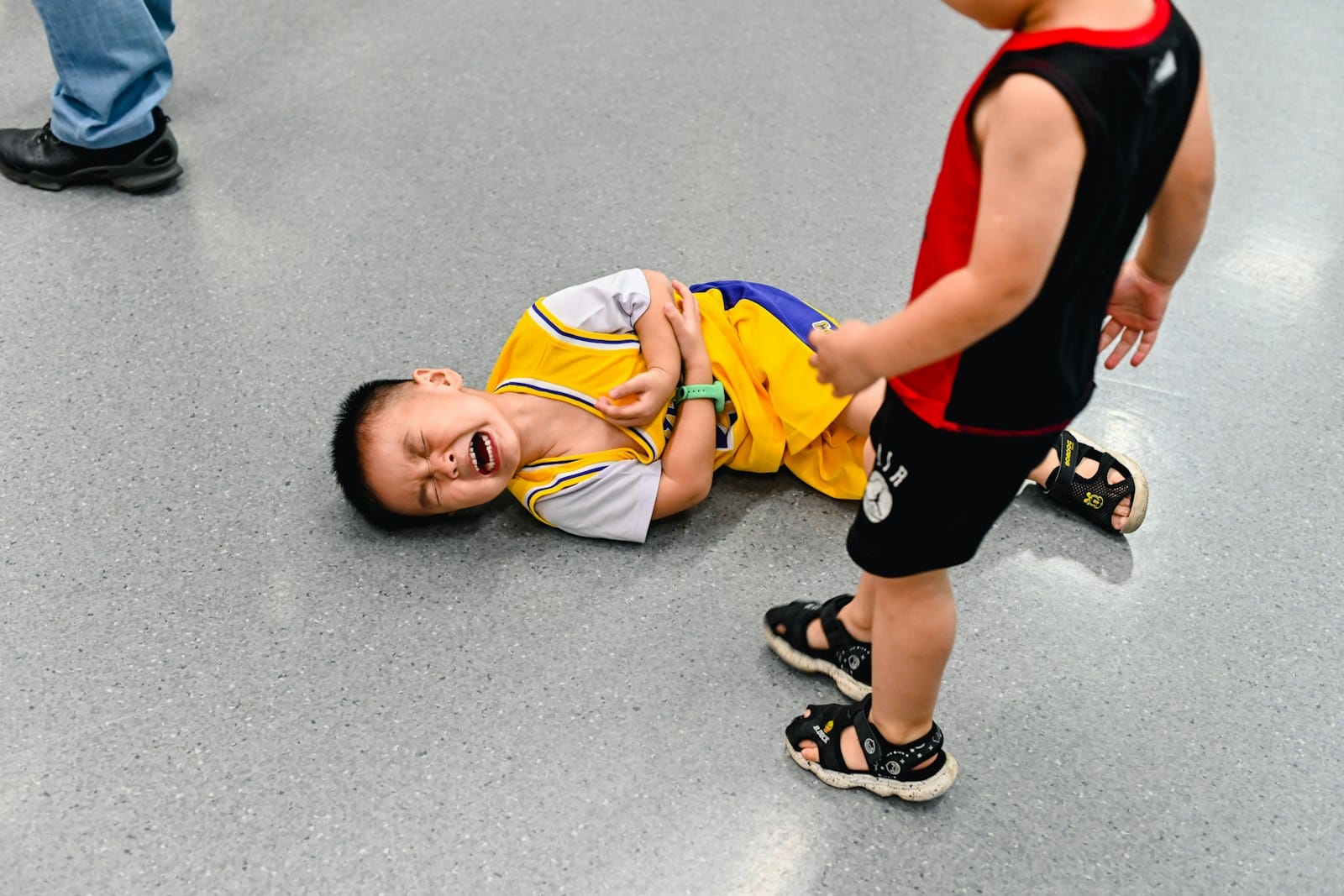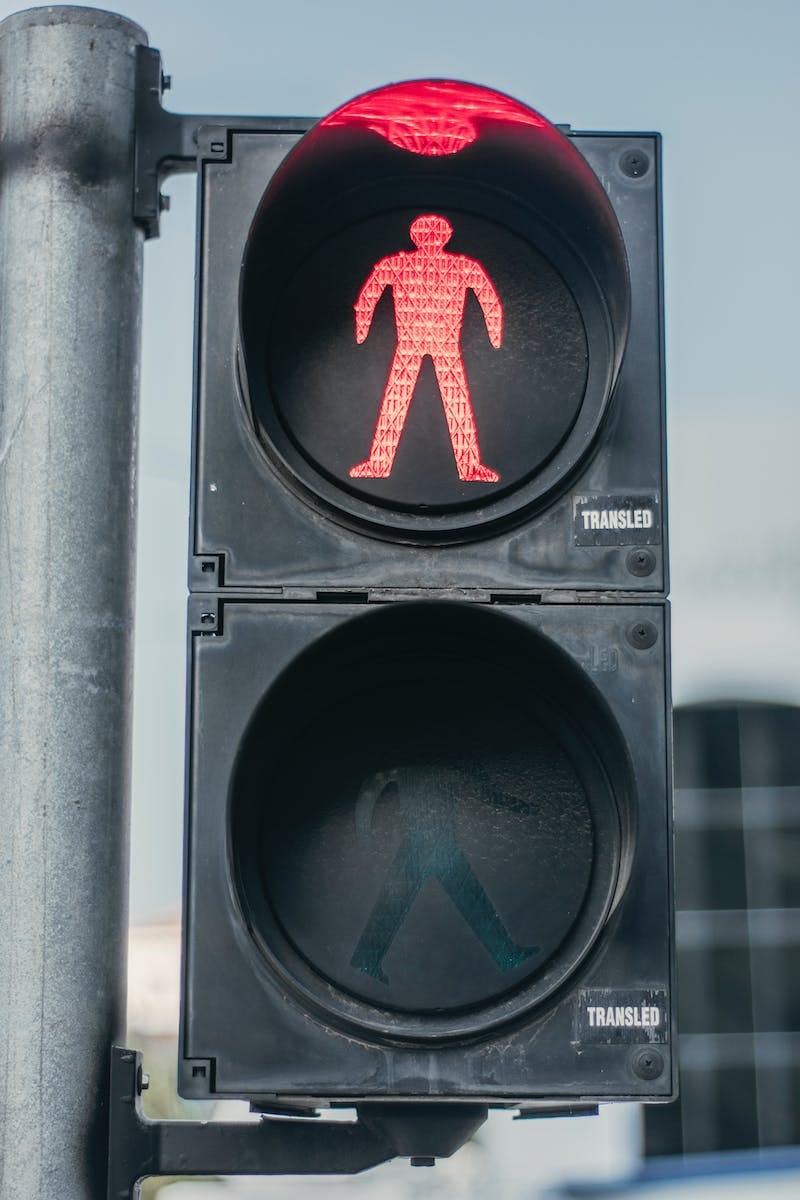Child on child abuse: An increasing reality and one family’s story
Learn about the rise of problematic sexualised behaviour in children, its causes, red flags, and practical strategies for safeguarding and support.
Problematic sexual behaviour in children
I want to draw attention to something that is by no means easy to talk about, let alone think about. I am seeing a marked increase in inappropriate/problematic sexualised behaviour between children. In talking to colleagues also working with children, this is happening everywhere. This is beyond the normal sexual development of “you show me yours, I’ll show you mine”.
Problematic sexualised behaviour is when there is sexualised play between children of the same age, or different ages when one or both children appear to have a lot of sexual knowledge beyond their years and act out sexually with another child, or force the other child to act out sexually with them.
“Premature sexual activity in children always suggests two possible stimulants: experience and exposure. The child exhibiting premature sexual activity may have experienced sexual contact with an adult or older child and may be mimicking the learned behaviour, or the child may have been overstimulated by exposure to explicit sexual activity and may be acting this activity out. Many young children have access to soft-or hard-core pornography on their television sets.” Eliana Gil, 1991.
Obviously, Eliana Gil wrote this quote in her book The Healing Power of Play, before the internet exploded and children had almost unlimited access to screens in many households – across the world.
Please, do not ignore the warning. Sexualised behaviour between children is increasing in an alarming way and parents need to safeguard their children.
How do I safeguard my child?
A good place to start is to ensure you do not give your child their own device when they are too young. What is too young? There is no “rule” or absolute age. But we do know that many people in the tech world limit their children’s screen time. These being the people who create the tech, and market the social media we all engage with daily. Learn more here. I highly recommend watching The Social Dilemma on Netflix.

The actress Kate Winslet has famously not allowed her children to be on social media at all. She said, “You don’t get your childhood back.” Read more here.
You can read a previous blog of mine here, on screentime guidelines for children of all ages, set by the World Health Organization.
Of course, exposure through TV or social media and/or access to pornography whether by purposeful searching or by accident, is only one way children might become inappropriately sexualised. Tragically, sexual abuse of children (girls AND boys) is extremely high in South Africa. The Optimus Study (2016) found that 35.4% of children had experienced some form of sexual abuse in their lifetime.
The experience of sexual abuse can trigger problematic sexual behaviour, especially when a child is unable to get the help they need.
Normal sexual development and behaviour
It’s hard to think of children as sexual beings, but this is very different to them being sexualised. Children’s sexual development is a normal part of their biological development. It is incremental growth that happens over time, usually as they enter puberty and adolescence, they become more interested in relationships and knowing about sex. Hormones flick a switch on internally that starts making growing adolescents ready for consensual sexual relationships later on when they are cognitively, socially, emotionally and physically ready
Problematic or inappropriate sexualised behaviour happens when that “switch” is flicked on way before time, either through exposure or experience. The child is then bombarded with sexual information that they are in no way ready to process or understand. There is so much shame around talking about our bodies, sex and abuse that children very often don’t talk to anyone about what has happened, or what they might have been exposed to.
Normal “sexual” play in young children is playful, curious and innocent. It is children being curious about their bodies and that of others; how they are different and how they are the same. In normal sexual development, children simply have questions they want answered, there is no coercion, their behaviour is not sexually motivated in any way. They may be inappropriate – such as trying to look down another child’s underwear! But they’re doing this out of innocence and it is the work of the adults in children’s lives to teach them what is socially acceptable and not. AND, to talk to them about their bodies.
Many parents express reluctance/fear in talking to their children about their bodies, giving genitals their correct names, and talking about where babies come from. There are many good reasons for this fear and/or reluctance. However, we need to have these conversations with our children.
One family’s story: Child on child abuse on a play date
I have been journeying with one family whose child was 4 years old when they were a victim of serious sexualised behaviour perpetrated by another child several years older. (Details are changed to protect anonymity).
Mom did all the body safety work with her children, from the time they were toddlers. This was an ongoing conversation happening as the children grew, and conversations happened organically as the family went about their days. However, one child was subject to inappropriate sexualised behaviour by an older child (more than 3 years older) during a play date at which mom was present. This child did tell mom some time after the sexualised behaviour had started, and I believe the child was able to tell because mom had opened up the conversation in the first place.
Stop the bus. Why, if a parent does the safeguarding work, does this child not “just say no” and run away? Here is a crucial fact. Where one child has power of some kind over another, it is often almost impossible to say no to that child. (You can also substitute “adult” for child into that sentence).
Sometimes we expect way too much of children to stand up to others who have more power than them whether it be a stronger body, louder voice or simply more authority and charisma.
What’s more, if parents are affirming the relationship, then everything must be ok. To consider that it is not ok in that moment is too threatening, and so going along with it is easier.

The mom discussed with me how before play dates (which is where the inappropriate sexualised behaviour occurred), she would remind her children to be kind and play nicely. And what do children understand by “playing nicely”, well, they make the assumption that they need to be cooperative, and that they assume they can trust the other kids on the play date to have their best interests at heart. Because it’s a play date and they’re friends, right?!
Processing play dates
She wishes instead that she had given a clear message that it is not the children’s responsibility to keep other children happy. We discussed some different ways of talking to our kids about their social encounters with others. I’ve shared this in a previous blog, that I used to ask my children “did you feel safe?” after play dates. The follow-up question was, “what made you feel safe?” or, “What made you feel unsafe?” This mom shared with me her go-to question after play dates is “What were the highlights and lowlights on that play date for you?”
These questions give your children permission to reflect on their social encounters and experiences and start to think about what they feel comfortable or uncomfortable with.
Don’t sacrifice safety for people-pleasing
The fact is: Our children do not have to be kind and polite at all costs if someone is making them feel uncomfortable about their boundaries and body boundaries in some way. You can help give your children an “out” by telling them if they ever feel uncomfortable in a situation, they can use mom as the excuse. “My mom says I can’t do that.” Or “Let me just go check that with my mom, I don’t think she wants me to do that.”
This mom’s message to others now is: Don’t trust people blindly. Abuse happens in the most innocent spaces, we don’t know what other children have been exposed to that may in some way impact our own children.
Red flags of inappropriate sexualised behaviour
I asked this mom what she would now consider to be red flags of problematic or inappropriate sexualised behaviour. She shared to look out for children trying to continually isolate specific children from others, and engaging in secretive behaviour. Then, she noticed her child was having outbursts for no apparent reason and using some manipulative behaviour. The child also experienced constipation for some time. It only became clear in retrospect where these behaviours came from, but if you have any niggles at all, investigate further.

A red flag is a warning. Like the red man on a traffic light, it tells you something is not safe. Stop and investigate.
By investigate further, I mean first and foremost make more time to connect with your child. Move closer (without smothering) and be present and available. Make time to be alone with them, show them you are there. Give opportunities for them to share in case there is something they need to disclose. Discuss any “red flag” behaviour with a psychologist or social worker just so that you get a professional perspective. A child-friendly investigation using play therapy techniques may be needed to ascertain if there has been any exposure to any inappropriate sexual behaviour. Also, check on parental controls on all devices and ensure there is no access to inappropriate content.
Help & Healing
I asked the mom how she went about healing for herself from this traumatic situation. She said having someone to talk to, and an objective, professional outside opinion has been crucial for her.
Please don’t keep silent if you are concerned about your child’s behaviour, especially if it has become sexualised. Shame and embarrassment keep us silent too often and then our children don’t get the help they need. You may be in a position where someone has reported that your child’s behaviour has been sexually inappropriate. Do not punish your child and do not ignore the behaviour. Seek help.
Next week I will share several resources on how to address topics of sexuality education and body boundaries with your child.
In the meantime, check on your child’s online usage and ensure you are supervising their screentime. These are things you can control.